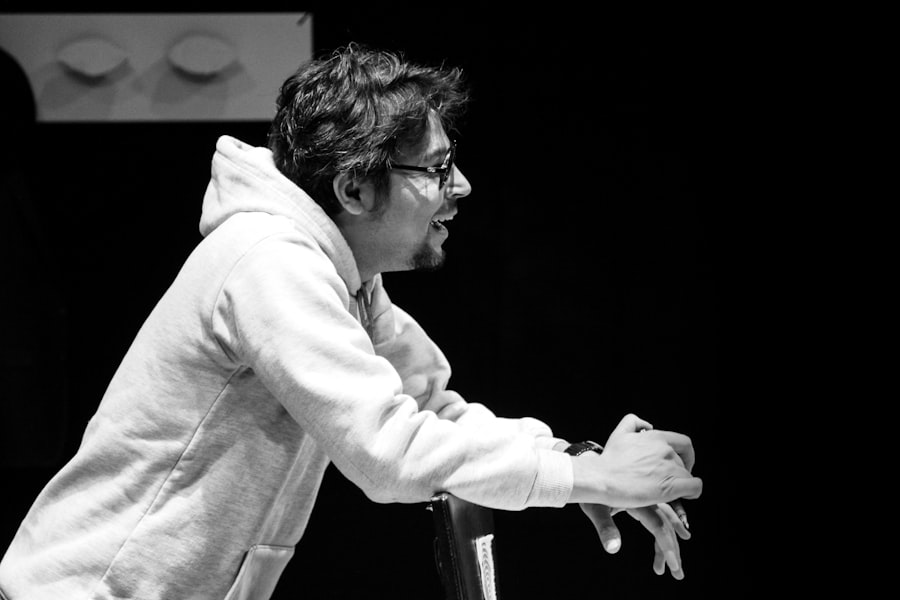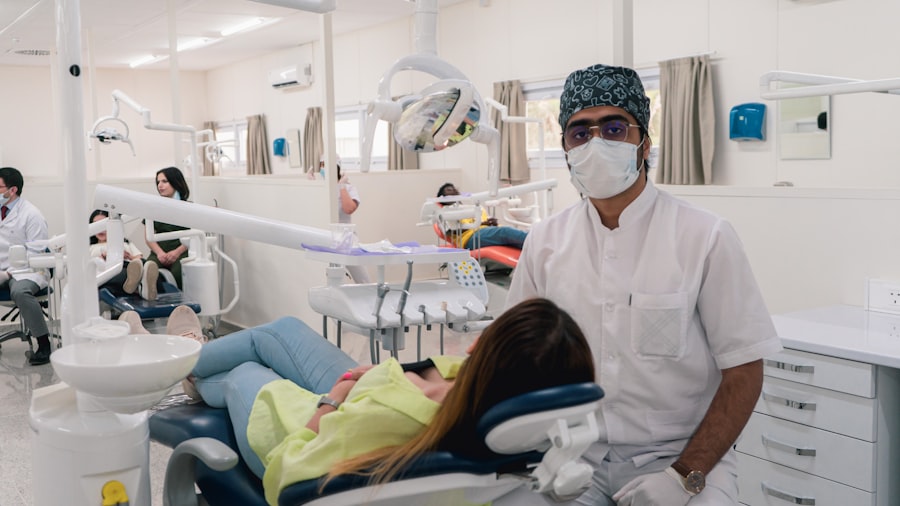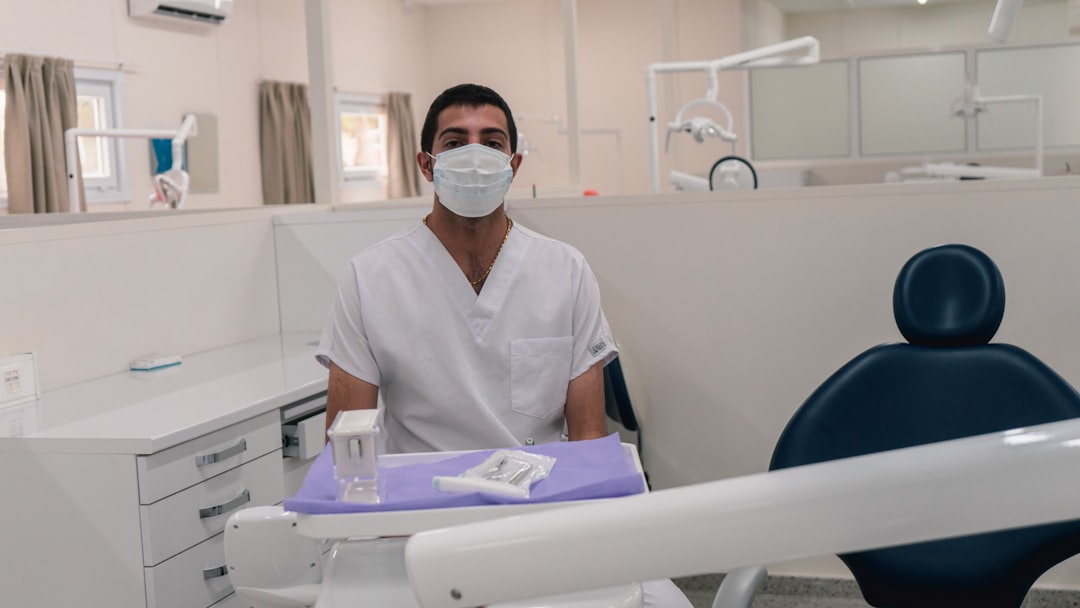In Norway, the significance of eyecare cannot be overstated. With a population that values health and well-being, the need for regular eye examinations and proper vision correction is paramount. The country’s unique geographical features, including long periods of darkness during winter and bright summer days, can have profound effects on eye health.
As such, Norwegians are increasingly aware of the importance of maintaining good vision, not only for daily activities but also for overall quality of life. Regular eye check-ups can help detect conditions such as glaucoma, cataracts, and macular degeneration early on, allowing for timely intervention and treatment. Moreover, the emphasis on eyecare in Norway is reflected in the public health policies that promote awareness and education about eye health.
Campaigns aimed at informing citizens about the risks associated with poor vision and the benefits of regular eye tests are commonplace. This proactive approach ensures that individuals understand the importance of safeguarding their eyesight, which is essential for both personal and professional success. In a society that values outdoor activities and an active lifestyle, clear vision is crucial for enjoying the stunning landscapes and engaging in sports that Norway has to offer. Book your 1-hour strategy session with Norway Relocation Group.
Summary
- Eyecare is a crucial aspect of overall health and wellbeing in Norway, with regular eye tests being recommended for all age groups.
- Opticians in Norway play a vital role in providing eyecare services, including conducting eye tests, prescribing glasses and contact lenses, and offering advice on eye health.
- Eyecare in Norway is regulated by strict standards to ensure the safety and quality of services, with opticians required to meet specific qualifications and adhere to professional guidelines.
- A wide range of eyecare services are available in Norway, including eye tests, prescription glasses, contact lenses, and vision correction options such as laser surgery.
- Getting an eye test in Norway involves scheduling an appointment with an optician, undergoing a comprehensive examination, and receiving a prescription for any necessary eyewear or vision correction.
The Role of Opticians in Norway
Opticians in Norway play a vital role in the healthcare system, serving as the first point of contact for individuals seeking assistance with their vision. They are trained professionals who not only dispense eyewear but also conduct eye examinations to assess visual acuity and overall eye health. The expertise of opticians is essential in identifying potential issues that may require further investigation by an ophthalmologist.
Their ability to provide immediate solutions, such as prescribing glasses or contact lenses, makes them indispensable in the community. In addition to their clinical responsibilities, opticians in Norway are also educators. They inform patients about proper eye care practices, the importance of regular check-ups, and the latest advancements in eyewear technology.
This educational aspect is crucial, as it empowers individuals to take charge of their eye health. Furthermore, opticians often collaborate with other healthcare professionals to ensure a comprehensive approach to patient care, highlighting the interconnectedness of various health disciplines in promoting overall well-being.
Regulations and Standards for Eyecare in Norway

The eyecare sector in Norway is governed by stringent regulations and standards designed to ensure high-quality services for all citizens. The Norwegian government has established guidelines that dictate the qualifications required for opticians and the protocols they must follow when providing care. These regulations are enforced by relevant authorities to maintain a high standard of practice across the country.
As a result, patients can trust that they are receiving care from qualified professionals who adhere to best practices. Moreover, these regulations extend to the products available in the market, including eyewear and contact lenses. The Norwegian Medicines Agency oversees the safety and efficacy of these products, ensuring that they meet rigorous standards before being made available to consumers.
This commitment to quality not only protects patients but also fosters confidence in the eyecare system as a whole. By prioritising safety and efficacy, Norway sets a benchmark for other countries to follow in terms of eyecare standards.
Types of Eyecare Services Available in Norway
Norway offers a comprehensive range of eyecare services tailored to meet the diverse needs of its population. From routine eye examinations to specialised treatments for complex conditions, individuals can access a variety of services designed to promote optimal eye health. Basic services include vision assessments, where opticians evaluate visual acuity and prescribe corrective lenses as needed.
These routine check-ups are essential for maintaining good vision and detecting any potential issues early on. In addition to standard services, Norway also provides specialised care for individuals with specific eye conditions. This includes treatments for glaucoma, diabetic retinopathy, and age-related macular degeneration.
Patients requiring surgical interventions can access advanced procedures such as cataract surgery or laser vision correction through well-equipped healthcare facilities. The availability of such diverse services ensures that all individuals, regardless of their age or health status, can receive appropriate care tailored to their unique needs.
The Process of Getting an Eye Test in Norway
The process of obtaining an eye test in Norway is straightforward and accessible to all citizens. Typically, individuals begin by scheduling an appointment with an optician at a local clinic or optical store. Many opticians offer online booking systems, making it convenient for patients to secure their appointments at a time that suits them best.
Upon arrival at the clinic, patients are greeted by friendly staff who guide them through the necessary paperwork before the examination begins. During the eye test itself, opticians employ a variety of techniques to assess visual acuity and overall eye health. This may include using an autorefractor to measure refractive errors or conducting a visual field test to evaluate peripheral vision.
Following the examination, opticians discuss the results with patients and recommend appropriate corrective measures if necessary. This transparent communication fosters trust between patients and opticians, ensuring that individuals feel informed and empowered regarding their eye health decisions.
Eyewear Options and Trends in Norway

In recent years, eyewear trends in Norway have evolved significantly, reflecting both fashion sensibilities and technological advancements. Norwegians are increasingly opting for stylish frames that not only enhance their appearance but also provide comfort and functionality. The market is flooded with a variety of options ranging from classic designs to contemporary styles that cater to diverse tastes.
Local designers often collaborate with international brands to create unique eyewear collections that resonate with Norwegian aesthetics. Additionally, there has been a growing interest in sustainable eyewear options among environmentally conscious consumers. Many brands now offer frames made from recycled materials or biodegradable substances, aligning with Norway’s commitment to sustainability and eco-friendliness.
This trend not only appeals to consumers’ desire for stylish eyewear but also reflects a broader societal shift towards responsible consumption. As a result, Norwegians can enjoy fashionable eyewear while contributing positively to environmental conservation efforts.
Contact Lenses and Other Vision Correction Options in Norway
Contact lenses have gained popularity in Norway as a convenient alternative to traditional eyewear. Many individuals prefer contact lenses for their unobtrusive nature and versatility, allowing for greater freedom during physical activities or sports. Opticians provide a range of contact lens options, including daily disposables, extended wear lenses, and specialised lenses for astigmatism or presbyopia.
This variety ensures that patients can find a solution that best suits their lifestyle and visual needs. In addition to contact lenses, advancements in vision correction technology have led to innovative solutions such as orthokeratology and scleral lenses. Orthokeratology involves wearing specially designed lenses overnight to reshape the cornea temporarily, providing clear vision during the day without the need for glasses or contacts.
Scleral lenses are larger-diameter lenses that vault over irregular corneas, offering comfort and improved vision for individuals with specific eye conditions. These options reflect Norway’s commitment to providing cutting-edge solutions for all patients seeking effective vision correction.
Eyecare for Children and Young Adults in Norway
Eyecare for children and young adults is a priority in Norway, as early detection and intervention can significantly impact long-term visual health. Regular eye examinations are recommended from an early age to monitor development and identify any potential issues such as refractive errors or amblyopia (lazy eye). Schools often collaborate with local opticians to facilitate eye screenings for students, ensuring that children receive timely assessments without barriers.
Furthermore, educational initiatives aimed at parents highlight the importance of monitoring children’s visual health as they grow. Opticians play an essential role in advising parents on how to recognise signs of vision problems and when to seek professional help. By fostering awareness among families about the significance of eyecare from a young age, Norway aims to cultivate a generation that prioritises eye health as an integral part of overall well-being.
Eyecare for the Elderly in Norway
As the population ages, eyecare for elderly individuals has become increasingly important in Norway. Older adults often face unique challenges related to vision loss due to age-related conditions such as cataracts or macular degeneration. To address these challenges, healthcare providers offer specialised services tailored specifically for seniors, ensuring they receive comprehensive care that meets their needs.
In addition to routine eye examinations, elderly patients may benefit from low-vision rehabilitation services designed to enhance their quality of life despite visual impairments. These services may include training on using assistive devices or adapting living spaces to accommodate changing vision capabilities. By providing targeted support for elderly individuals experiencing vision loss, Norway demonstrates its commitment to ensuring that all citizens can maintain independence and enjoy an active lifestyle well into their later years.
Accessibility and Affordability of Eyecare Services in Norway
Accessibility and affordability are key considerations within Norway’s eyecare system. The government has implemented policies aimed at ensuring that all citizens have access to necessary eyecare services regardless of their financial situation. Public healthcare covers basic eye examinations and treatments for specific conditions, making it easier for individuals to seek help without incurring significant costs.
Moreover, many optical stores offer competitive pricing on eyewear products, including glasses and contact lenses, further enhancing affordability for consumers. Various financing options are also available for those who may require assistance in managing costs associated with vision correction solutions. By prioritising accessibility and affordability within its eyecare framework, Norway sets an example for other nations striving to provide equitable healthcare services.
The Future of Eyecare and Optician Services in Norway
Looking ahead, the future of eyecare and optician services in Norway appears promising as advancements in technology continue to shape the industry landscape. Innovations such as tele-optometry are gaining traction, allowing patients to receive consultations remotely without needing to visit a clinic physically. This development enhances accessibility for individuals living in remote areas or those with mobility challenges.
Furthermore, ongoing research into genetic factors influencing eye health may lead to personalised treatment plans tailored specifically to individual needs. As our understanding of ocular diseases deepens through scientific exploration, opticians will be better equipped to provide targeted interventions that improve patient outcomes significantly. In conclusion, as we navigate this evolving landscape of eyecare services in Norway, it is essential not only to embrace technological advancements but also to uphold the values of accessibility and quality care that define this sector today.
For those looking to learn Norwegian while exploring these topics further or seeking professional opportunities within this field, consider enrolling in Norwegian courses at the NLS Norwegian Language School. Their comprehensive language programmes will equip you with the skills needed to engage effectively within this vital aspect of Norwegian society while enhancing your understanding of its cultural nuances.
Speak Norwegian with confidence. Enroll in a class at the NLS Norwegian Language School now.

